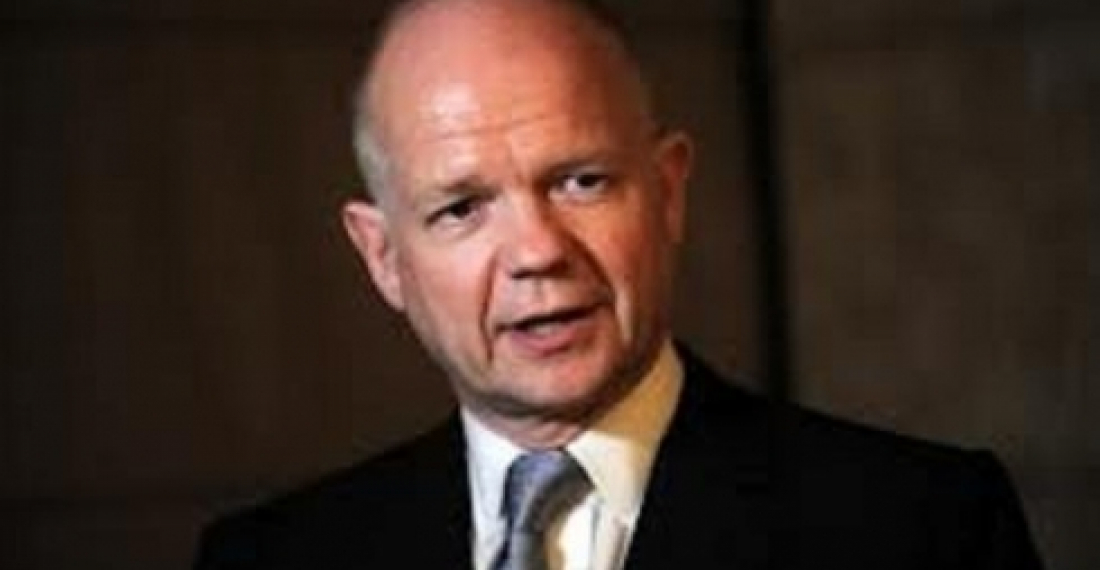British Foreign Secretary William Hague has sent a message of best wishes to the Iranian people on the occasion of the Novruz holiday.
The message reads:
"I would like to express my best wishes and congratulations to Iranians everywhere on the occasion of Nowruz and also to those celebrating in the many other countries around the world. With the coming of this New Year, I want to emphasise the UK's commitment to building a positive relationship with the Iranian people and resolving our differences with the Iranian government. I sincerely hope that the coming year (1392) brings good things for all and that you all enjoy the celebrations. Nowruz mubarrak."
Britain and Iran have had difficult relations over many years and the message is seen as part of an effort to maintain lines of communication open and particularly to maintain for Britain good will amongst the Iranian people.
source: commonspace.eu
photo: British Foreign Secretretary William Hague (archive picture).







